U.S. Prods Allies with New Sanctions on Iranian Arms Network Linked to China and UAE
- by Chris White, RNG247
- about 9 months ago
- 136 views
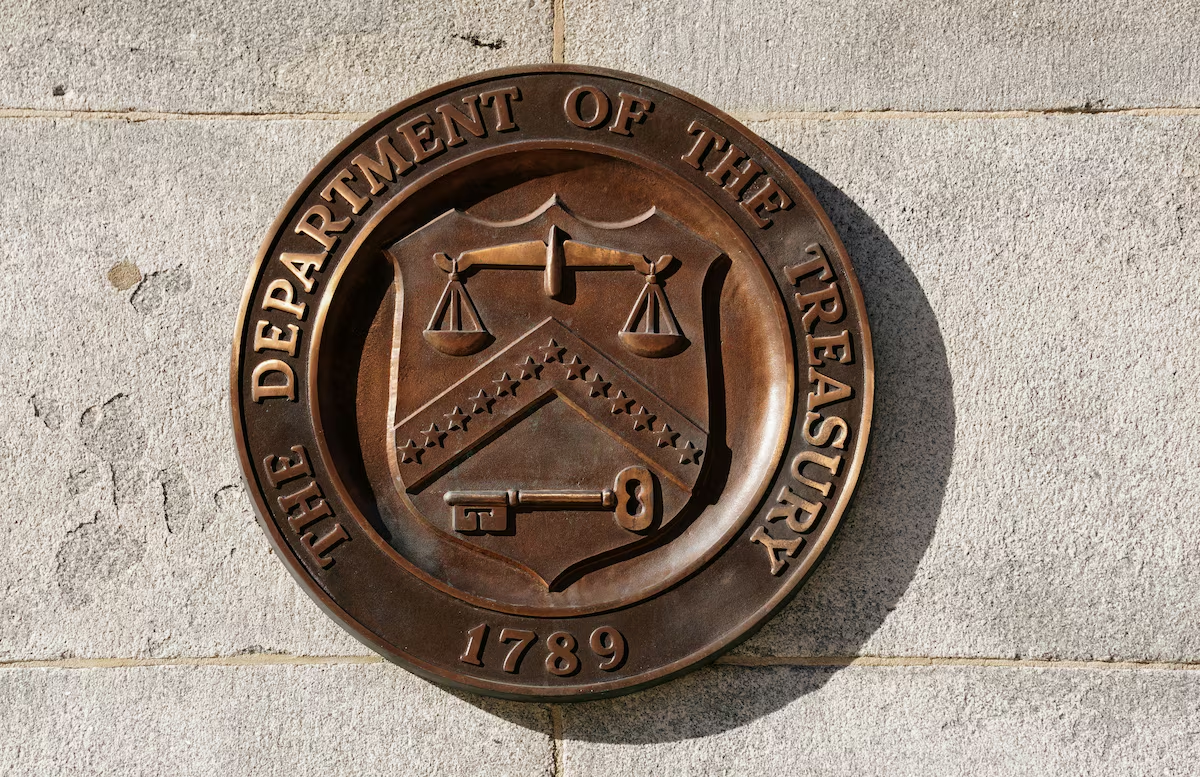
In a decisive move to curb Iran's burgeoning arms procurement network, the United States has imposed fresh sanctions targeting individuals and entities in Iran, the United Arab Emirates, and China. This strategic action occurs as President Donald Trump intensifies efforts to hold Tehran accountable for its military ambitions, particularly related to drone technology.
The U.S. Treasury Department, in collaboration with the Department of Justice, announced sanctions against six entities and two individuals on Tuesday. They are accused of facilitating the procurement of components for unmanned aerial vehicles (UAVs) linked to one of Iran's leading drone manufacturers, which has been pivotal in bolstering Iran's military capabilities.
"Iran’s proliferation of UAVs and missiles—to both its regional terrorist proxies and Russia for its conflict against Ukraine—poses a significant threat to civilians, U.S. personnel, and our allies," stated Treasury Secretary Scott Bessent. He emphasized, “Treasury remains committed to disrupting Iran’s military-industrial complex and halting the spread of UAVs, missiles, and conventional weapons that often fall into the hands of destabilizing actors.”
In this latest round of sanctions, the targeted entities include one Iranian-based firm, two individuals residing in Iran, one company in China, and four entities based in the UAE. This marks the second tranche of sanctions aimed at “Iranian weapons proliferators” since the reinstatement of Trump's "maximum pressure" strategy on Iran, which seeks to throttle its oil exports and prevent further advancements in nuclear weapon development.
Trump's recent directive in February mandated Secretary Bessent to bolster pressure through sanctions and enhanced enforcement against violators. Furthermore, Trump has issued stern warnings to Iran, including threats of bombing and imposing secondary tariffs if a nuclear agreement is not reached.
This move underscores an ongoing stance from the Trump administration, which in 2018, withdrew the U.S. from the landmark 2015 nuclear deal that had placed stringent restrictions on Iran’s uranium enrichment in exchange for sanctions relief. Post-withdrawal, the U.S. has reinstated broad sanctions, leading Iran to surpass limits previously agreed upon in the deal.
Western powers remain skeptical of Iran's intentions, suspecting a covert agenda to develop nuclear weapons capability, justified by Tehran as necessary for peaceful nuclear energy aspirations. The heightened sanctions response reflects a firm commitment to curtail what the U.S. and its allies perceive as Iran’s destabilizing influence both regionally and globally.
As geopolitical tensions escalate, the international community watches closely for Iran’s next steps and the potential implications for global stability.




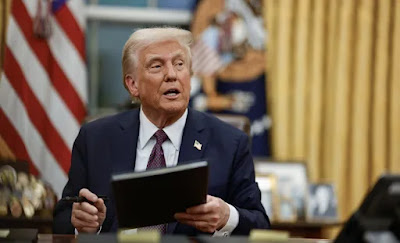


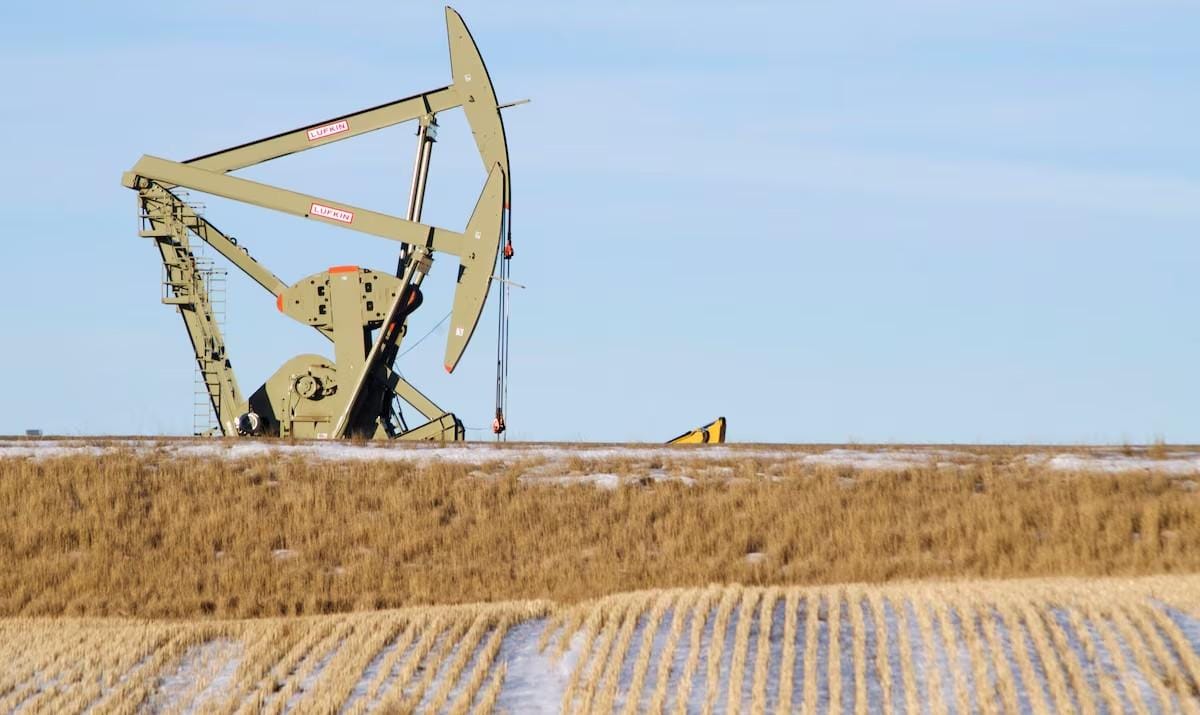
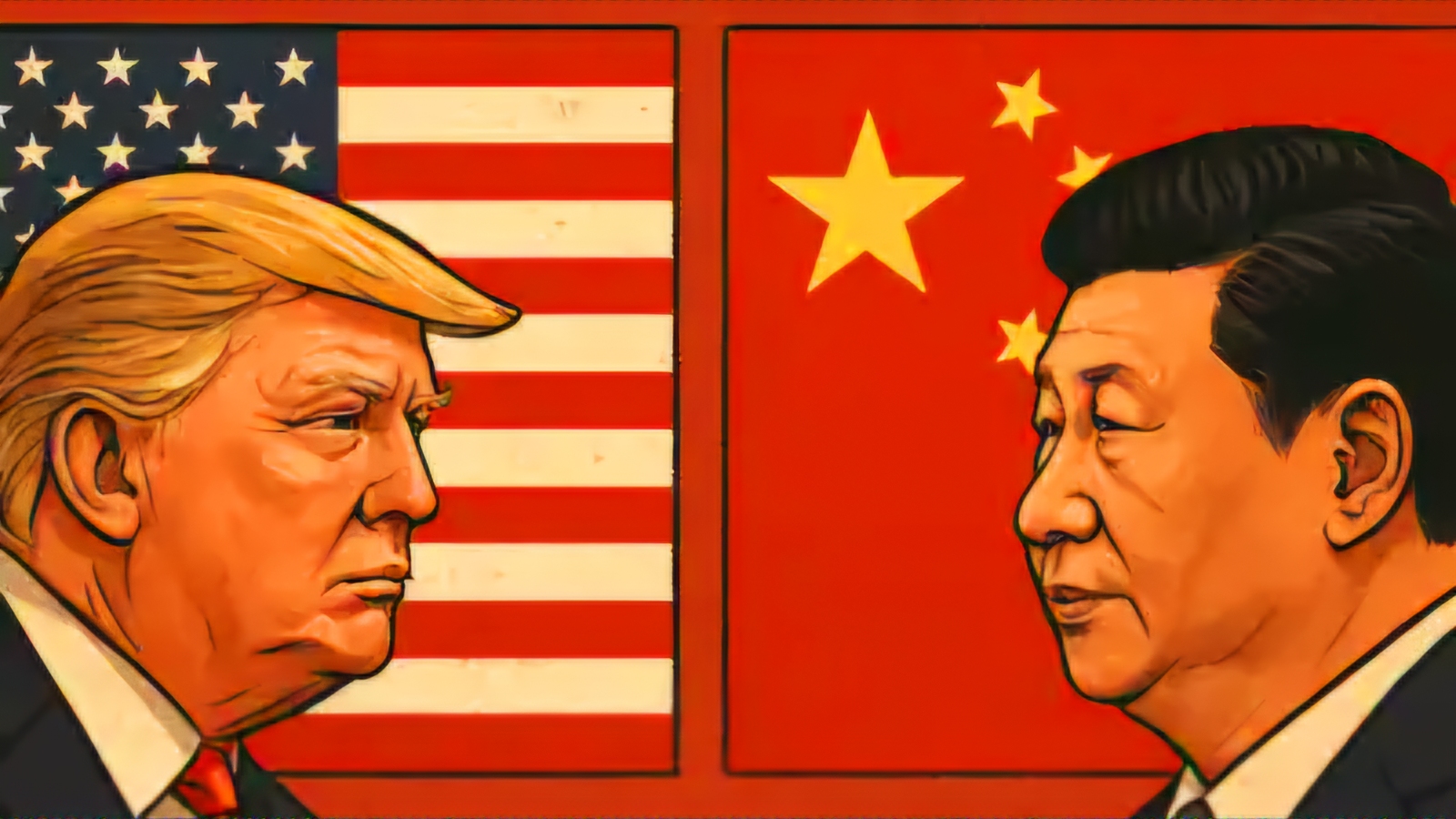

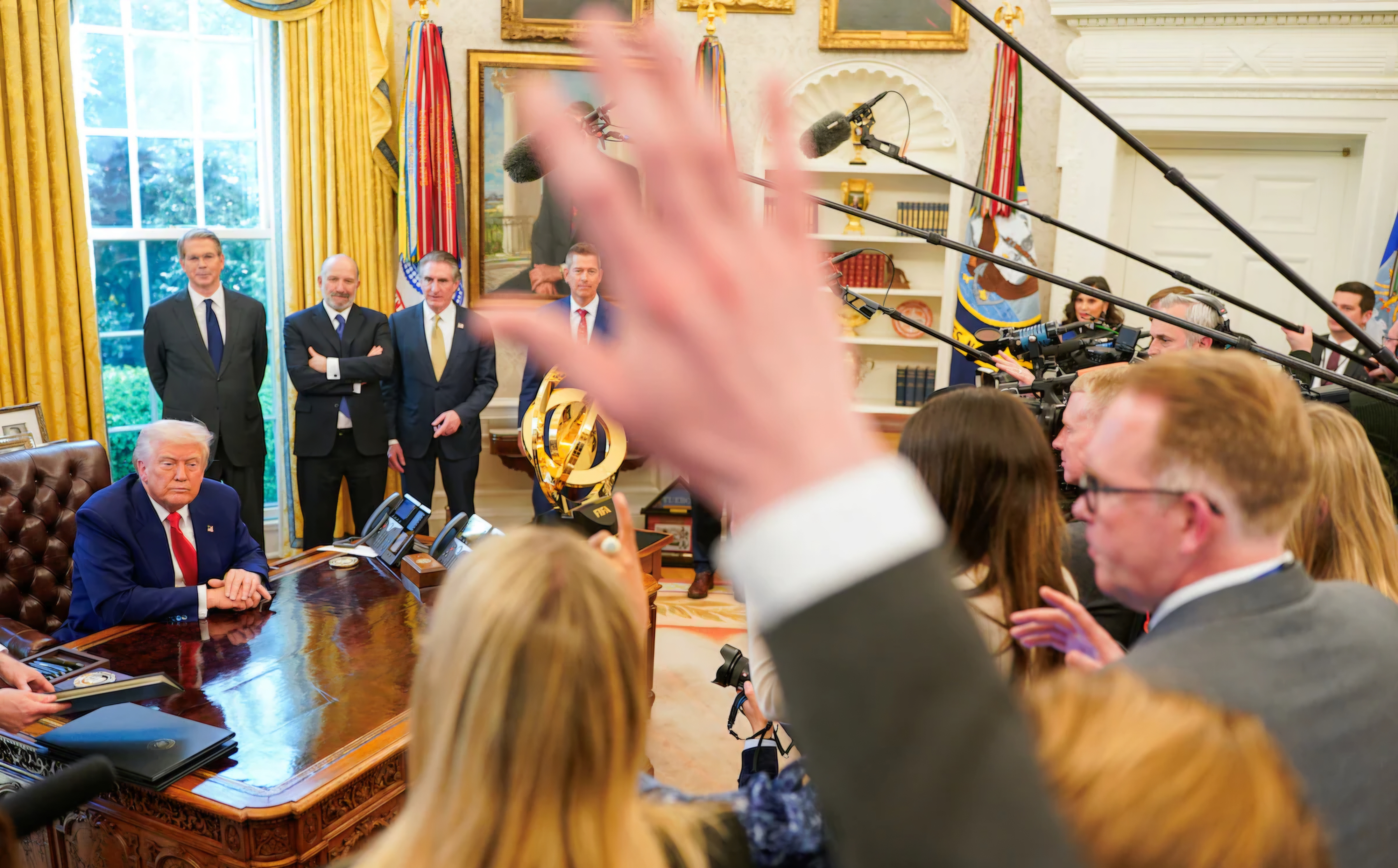
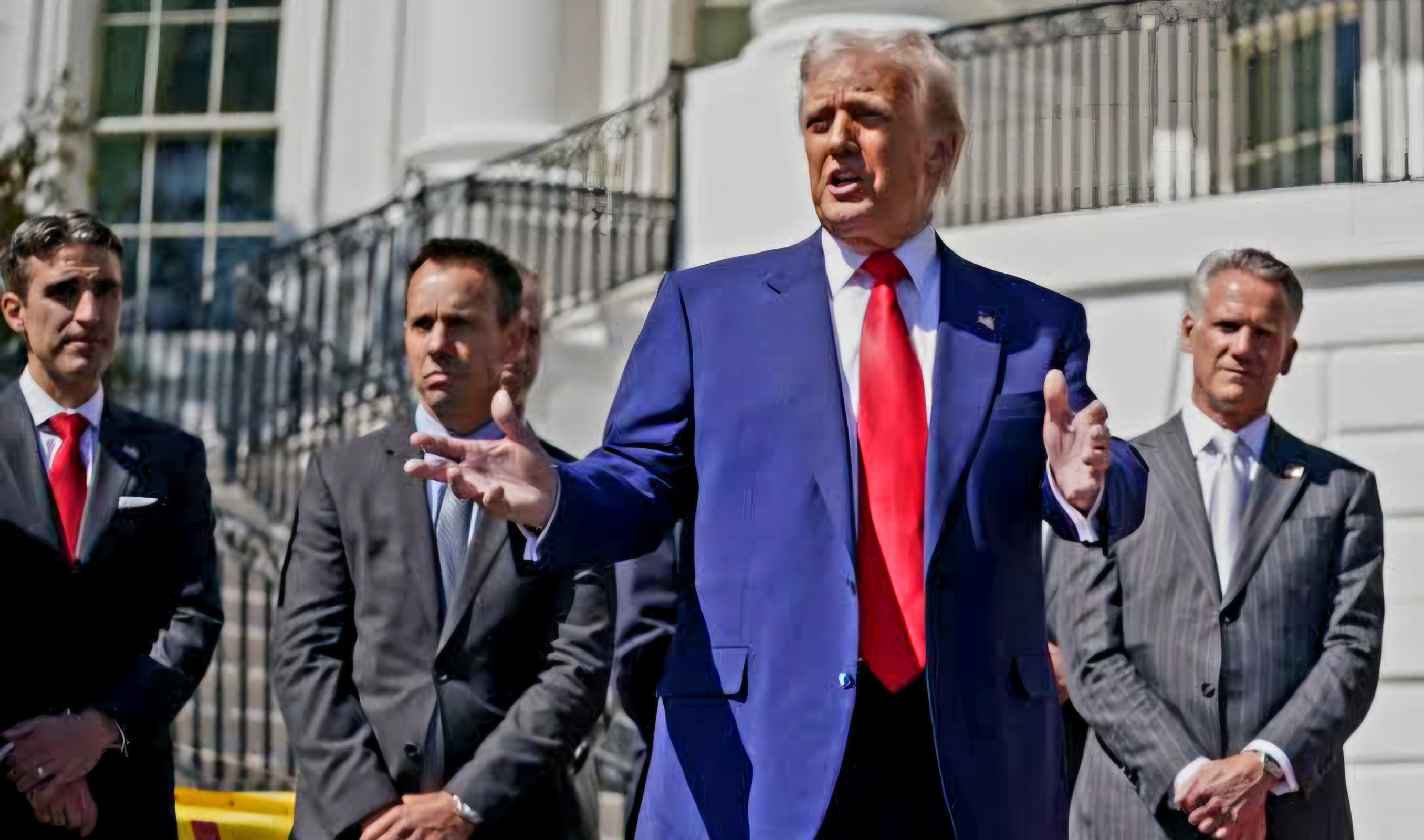
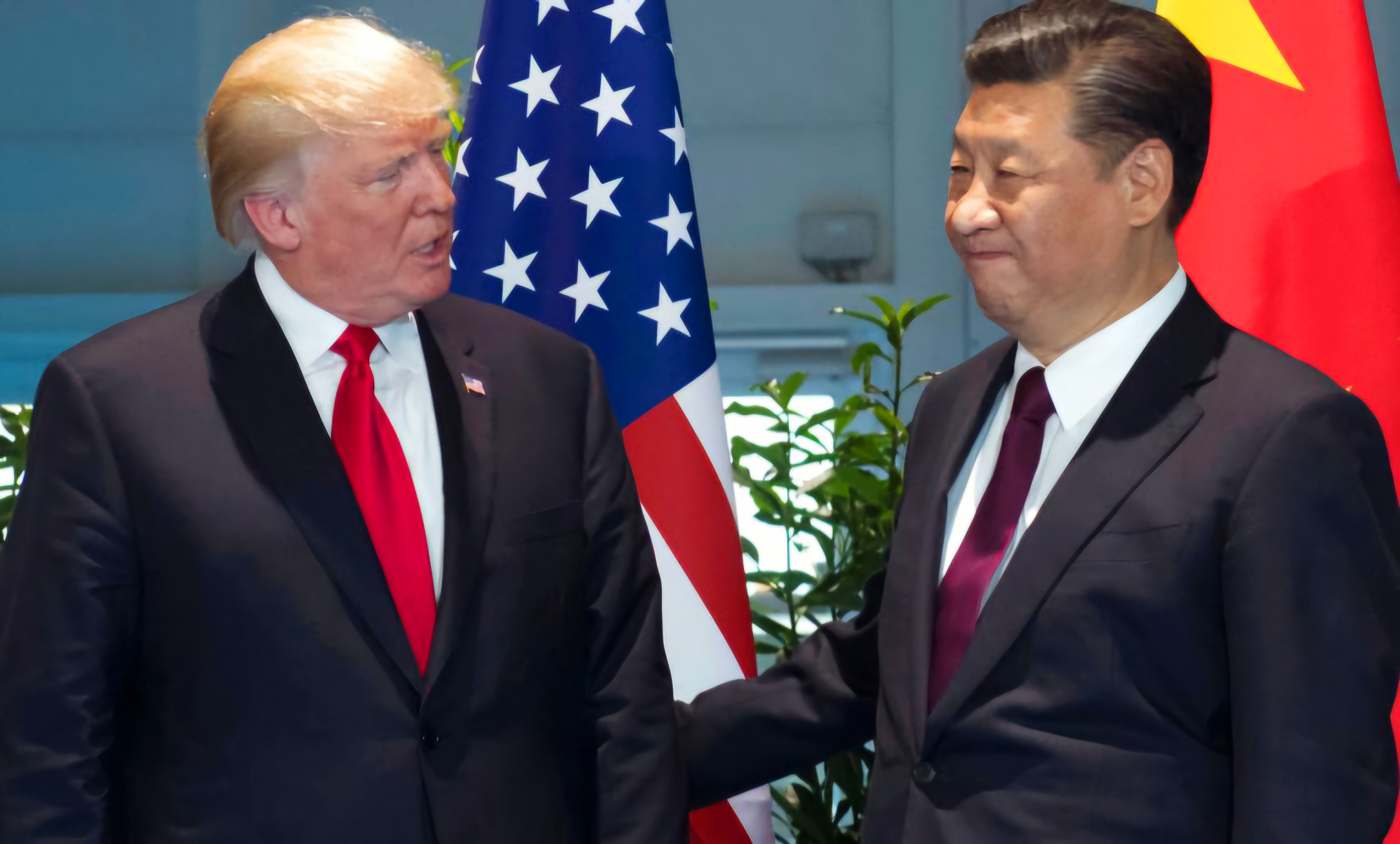
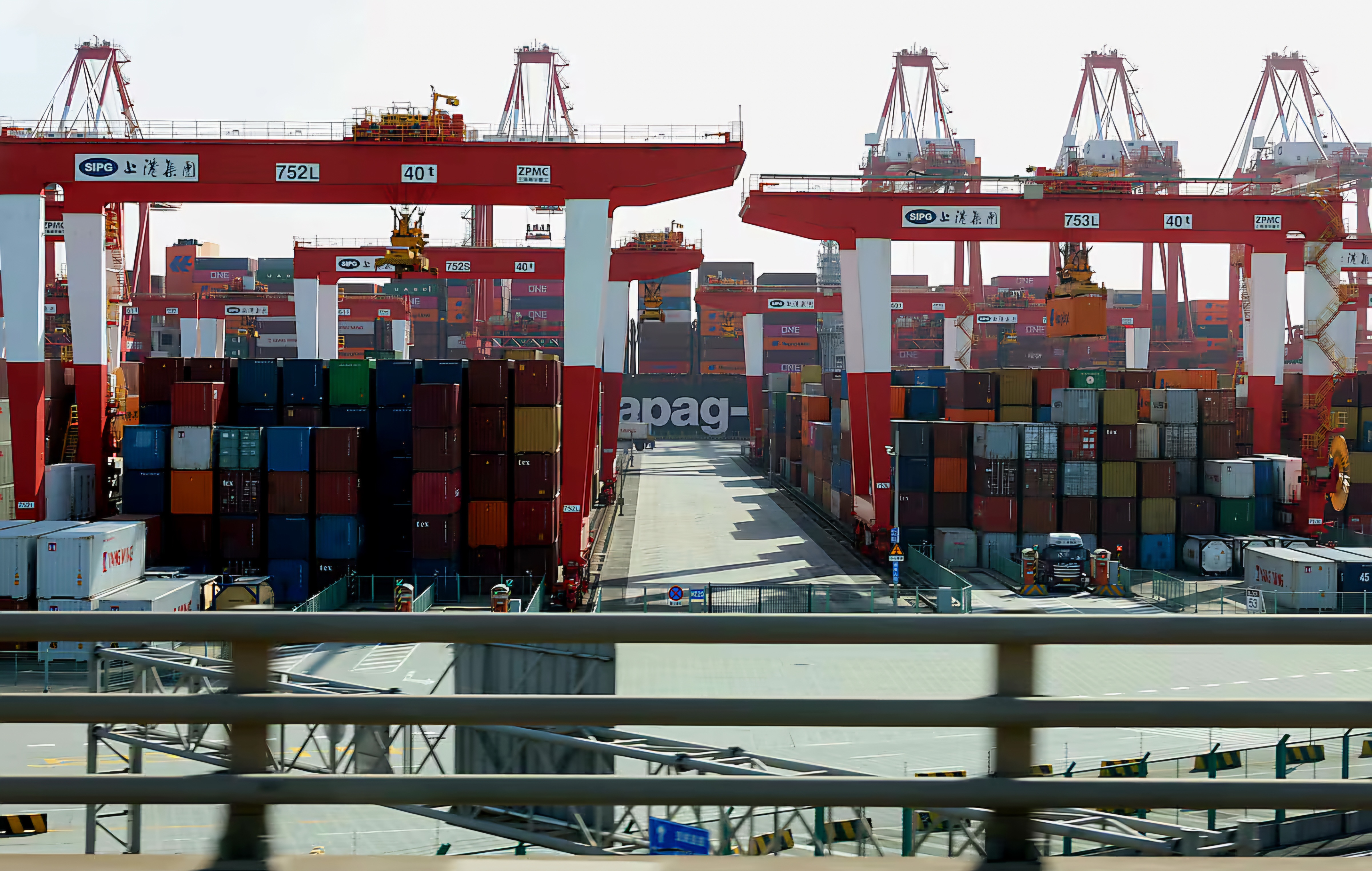
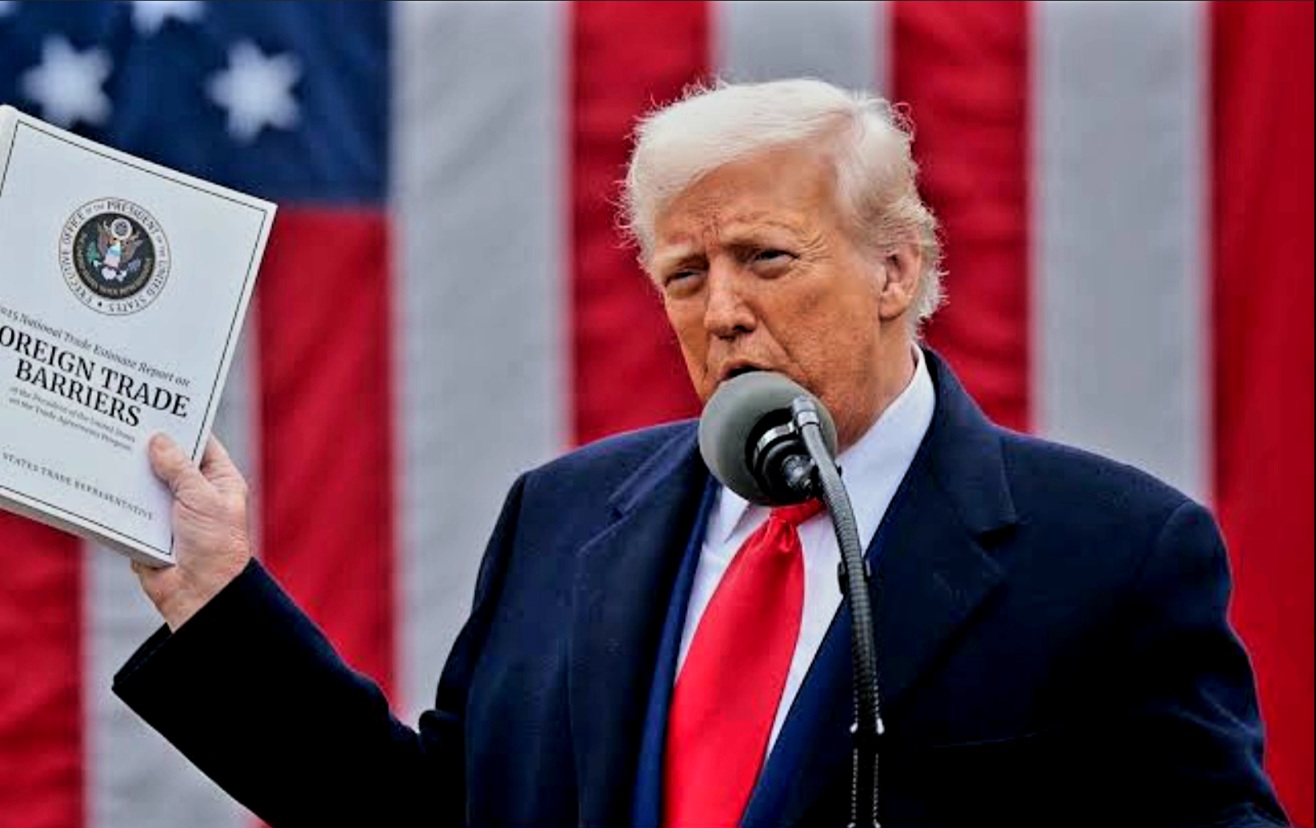

0 Comment(s)